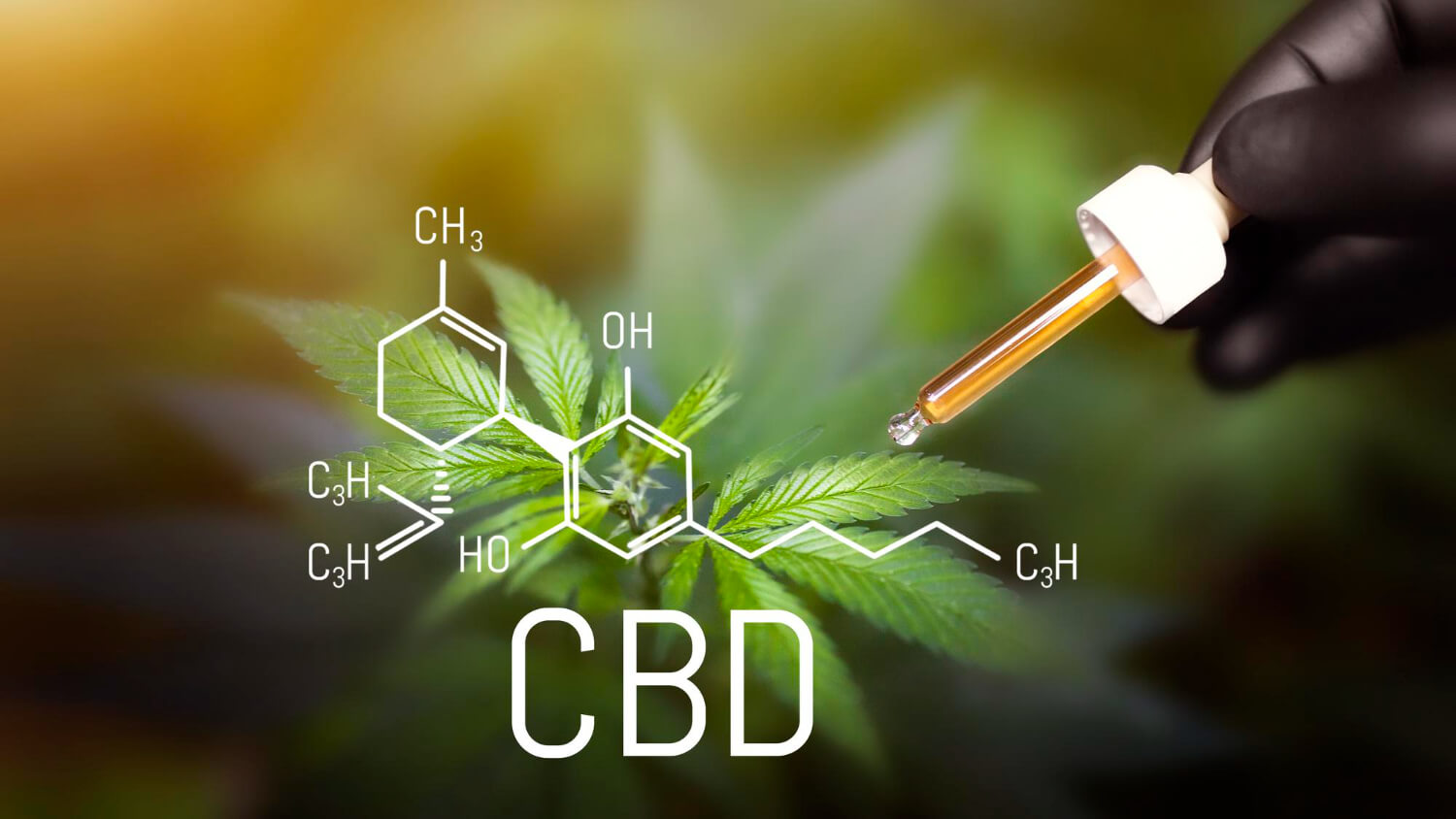In a milestone move, the UK government has taken a significant step towards establishing a legal framework for the cannabidiol (CBD) industry. This comes after it accepted recommendations from the Advisory Council for the Misuse of Drugs (ACMD) about permissible levels of controlled cannabinoids like tetrahydrocannabinol (THC) in consumer CBD products.
Minister of State for Crime and Policing Kit Malthouse recognized the necessity for legal clarification in January 2021 and expressed interest in creating a particular exception for CBD items containing only trace amounts of specified controlled cannabinoids.
Recommended THC Limits Accepted
Responding to an ACMD report, Minister for Crime and Policing Chris Philp MP declared that the government intends to accept the suggested limit of 50 micrograms of THC and other controlled cannabinoids per unit of consumption. By agreeing, in principle, to amend regulations concerning CBD products and recognizing them as food instead of narcotics or mandating licensing from the Home Office, the government has demonstrated its willingness to support the growth and expansion of CBD consumer products.
Industry experts welcome these governmental decisions, believing they will lead to wider availability and a broader range of CBD consumer items on the market.
New Protocols and Accredited Laboratories for Testing Phytocannabinoids
The government has also agreed to implement recommendations designed to improve testing protocols and necessitate using accredited laboratories when testing controlled phytocannabinoids. These measures aim to enhance regulation within the sector, ensuring standard procedures are followed and maintaining product quality for consumers.
This significant development in the CBD sector was greatly influenced by an advocacy campaign called ‘Save Our CBD,’ launched in August, which sought to persuade the Home Office to establish a legal framework for the sale of CBD products and bring greater clarity and regulation to the industry.
The CBD Market: A New Industry with Growing Potential
CBD is derived from hemp, a variety of the Cannabis sativa plant. Unlike marijuana, another variety of the plant famed for its psychoactive effects, CBD does not produce a “high” as its THC levels are minimal. It has gained popularity for its potential therapeutic benefits, such as alleviating anxiety, inflammation, and pain management. CBD products are available in various forms, including oils, topicals, edibles, and vapes.
The global CBD market has witnessed rapid growth, driven by factors such as increasing consumer awareness, changing regulatory landscapes, research into medical applications of cannabinoids, and evolving marketing strategies targeting health-conscious consumers. In light of these trends, the UK’s decision to move towards establishing a legal framework for the CBD industry comes at the right time, both domestically and worldwide.
Stakeholders’ Expectations Moving Forward
As the government continues developing legislation to harness the potential of the burgeoning CBD industry, stakeholders expect the Home Office to address any challenges that arise during this transitional phase. They call upon the authorities to provide adequate funding and resources to expedite the implementation process and improve the current state of testing and regulations across the CBD market.
Further, industry players hope for collaborative partnerships between businesses, consumers, and regulators to ensure best practices and consistency across the sector. This approach will foster an environment conducive to innovation and continuous growth within the CBD market while minimizing risks associated with unregulated products and unsubstantiated claims about their benefits.





